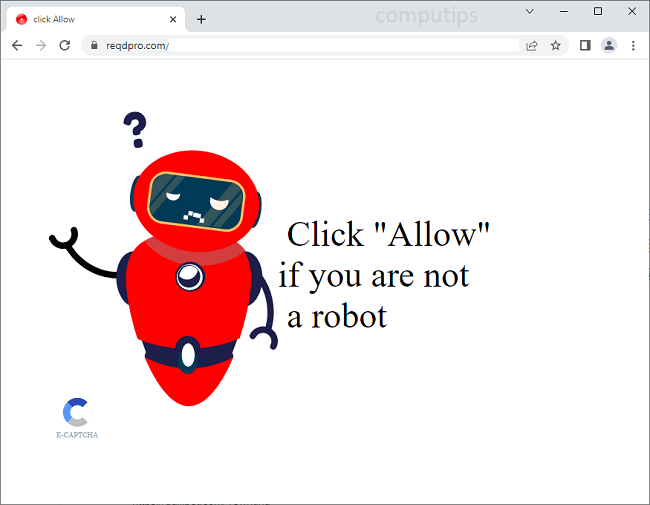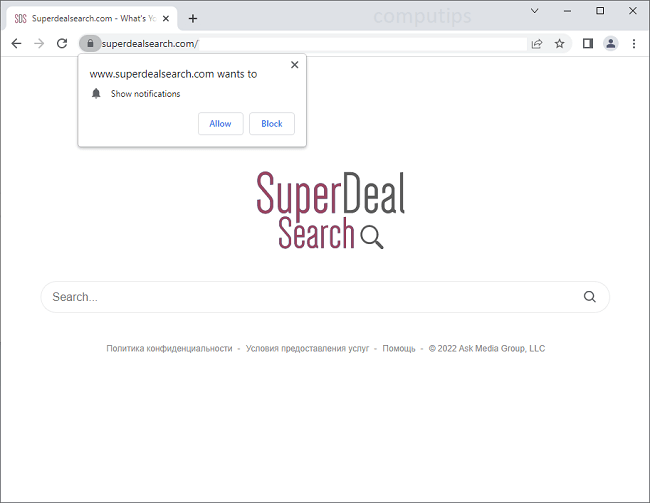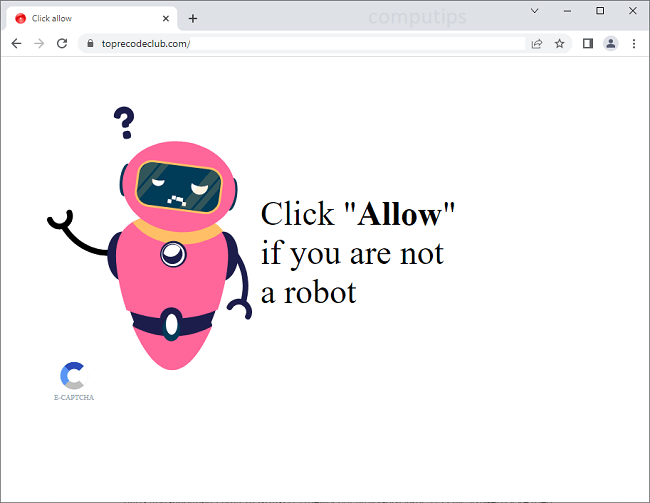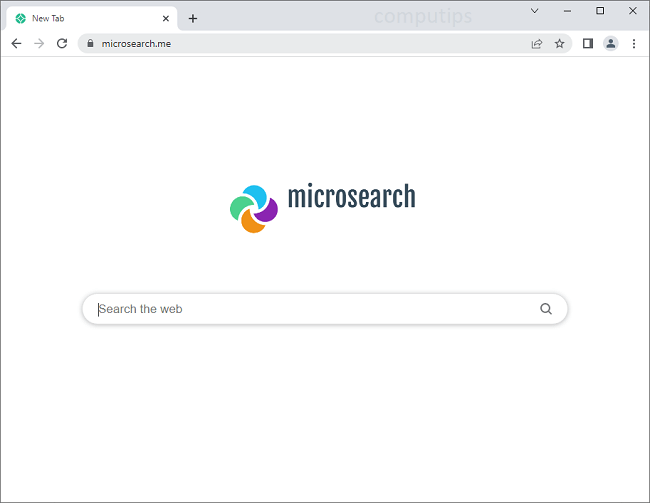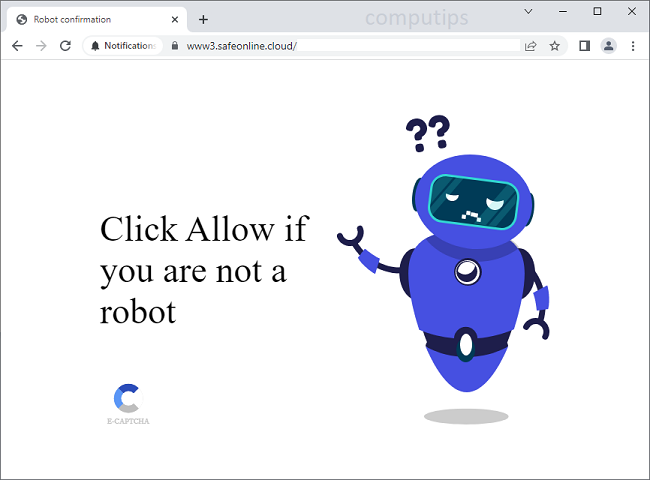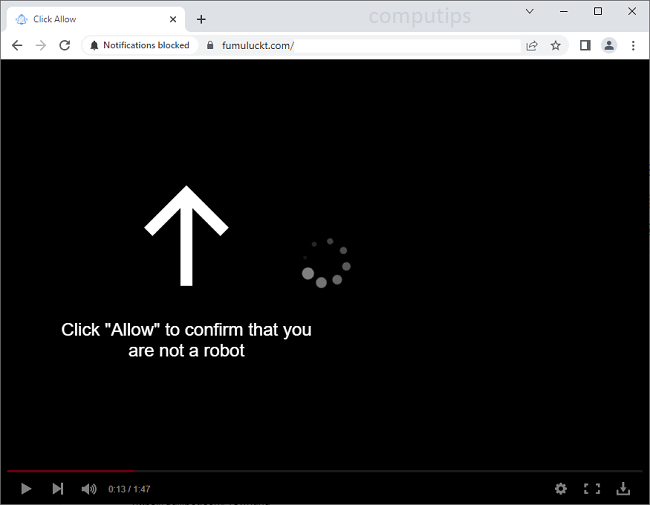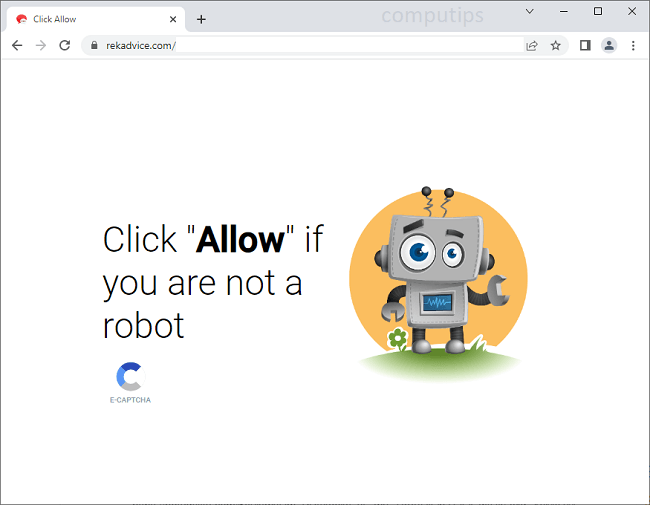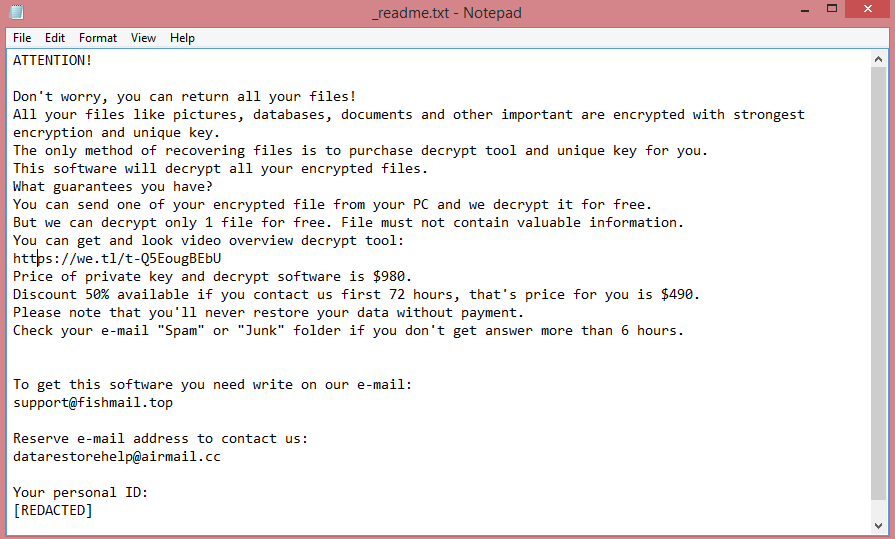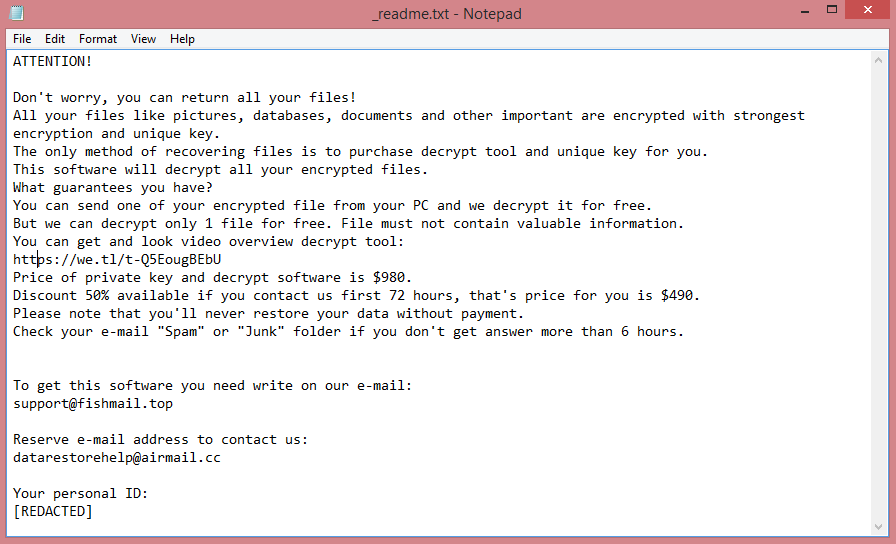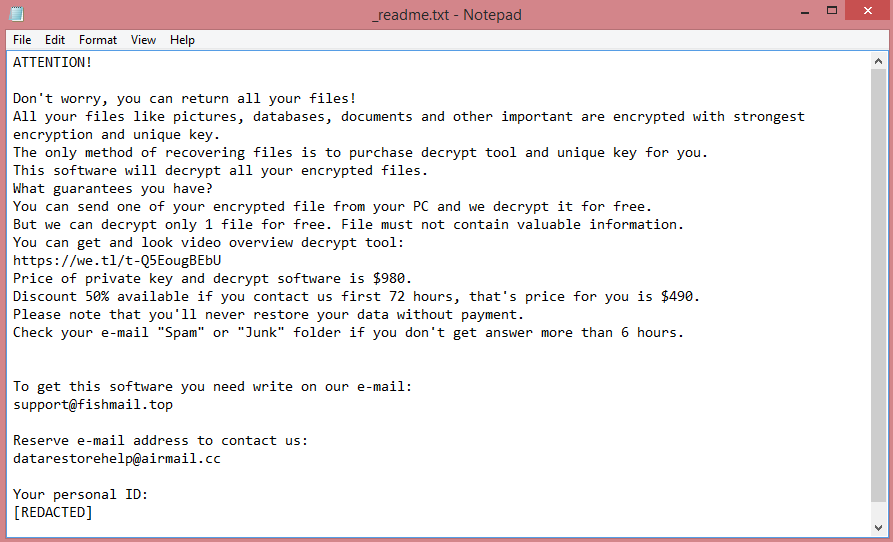What is Iswr ransomware?
Iswr is a name given to a new ransomware virus in the STOP/Djvu family. Functionally speaking, it behaves like any other ransomware would; it encrypts the files, renames them, and creates a ransom note afterwards. Obviously, the way these steps are carried out varies from virus to virus.
But even then, Iswr is not particularly unique. As a STOP/Djvu-based virus, it copies pretty much all of its behavior from other viruses in the family (see Isal for comparison). While renaming the files, STOP/Djvu viruses give them a new four-letter extension, in this case, .iswr file extension. This extension serves as a name for the virus, as it has no other distinguishing characteristics. Its ransom note, “_readme.txt”, is not unique; all STOP/Djvu viruses feature the same text.
The full text of Iswr’s ransom note can be read on the image above. Here’s the quick summary. Iswr demands $980 in payment, but paying within the first three days gives the victim a 50% discount. That’s $490, and it’s still pretty expensive.
But even if money is not a problem, paying the hacker is associated with other risks. Often, these hackers simply vanish after receiving payment and don’t decrypt anything at all. So, educate yourself on alternative ways to remove Iswr ransomware and decrypt .iswr files, such as those described in the guide below.
